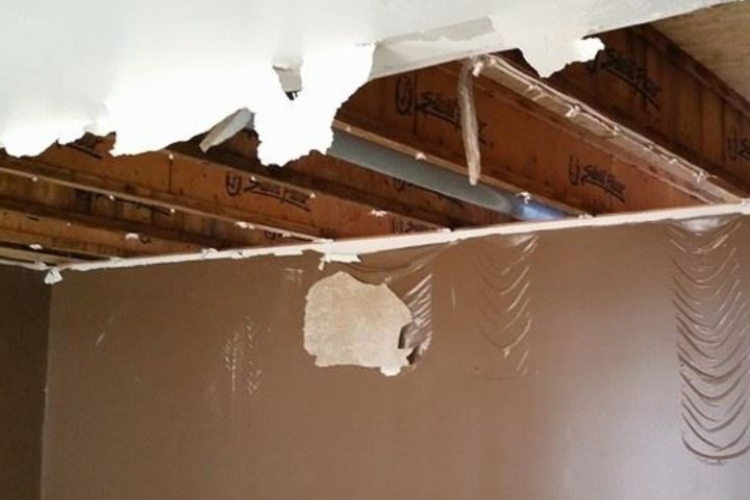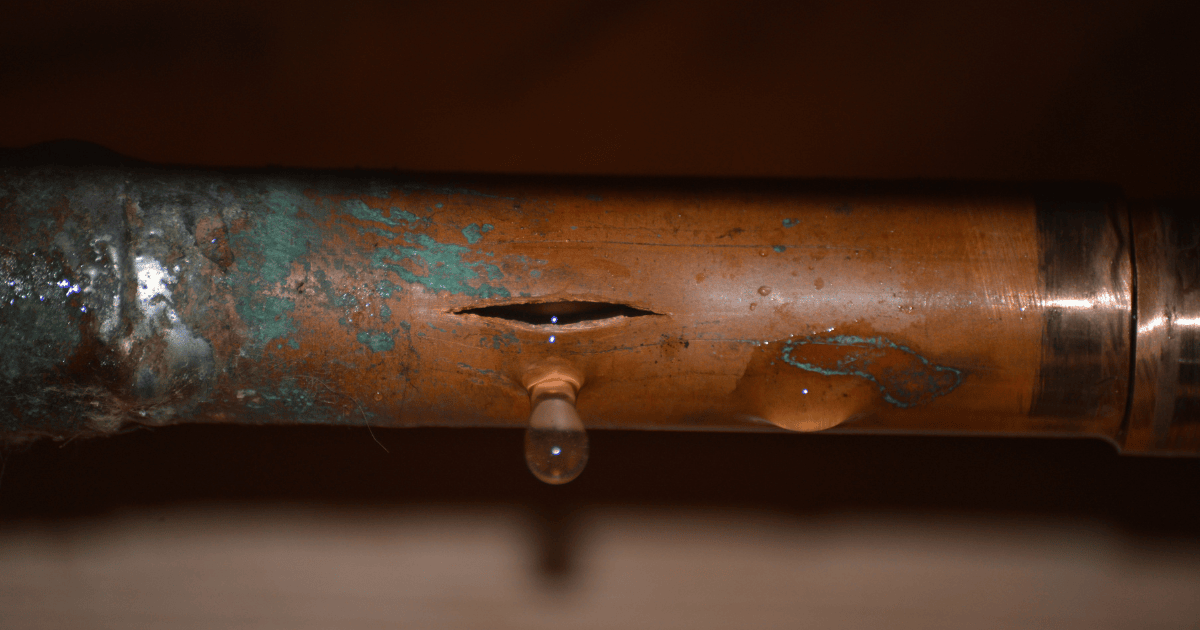
How Water Restoration Services Help Prevent Additional Damage
Water damage can occur unexpectedly, wreaking havoc on homes and businesses alike. From burst pipes to natural disasters, the aftermath of water-related incidents can be overwhelming and devastating. It is not just the initial impact of water that poses a threat; the secondary damage that follows can be equally if not more destructive. Fortunately, professional water restoration services play a crucial role in minimizing secondary damage and restoring affected properties. In this blog post, we will explore how these services help mitigate the aftermath of water damage, providing a glimmer of hope during challenging times.
The Hidden Dangers of Untreated Water Damage
When water damage initially occurs, most homeowners are worried about ruined carpets or a musty odor, but there are much more dangerous problems that can develop as a result of water damage. These can vary in severity depending on the extent and duration of the damage. It’s important to understand the consequences of untreated water damage:
- Structural Damage: Water can weaken the structural integrity of buildings and homes. Extended exposure to water can lead to the deterioration of wood, drywall, insulation, and other home materials, which compromises the stability of the structure.
- Mold Growth: Moisture from water damage creates an ideal environment for mold growth. Mold can spread quickly and release spores into the air, creating health risks. Exposure to mold can cause respiratory problems, allergies, and other health issues.
- Health Risks: Water damage can create unsanitary conditions, especially if the water is contaminated. Sewage backups or flooding from natural disasters can introduce harmful bacteria, viruses, and other pathogens into the environment, increasing the risk of illness and infection.
- Electrical Hazards: Water can damage wiring, outlets, and electrical panels, increasing the risk of electrical shocks, short circuits, or even fires. Water can also cause an increase in voltage in electrical systems. This is known as "stray voltage" anc happens when water bridges the gap between conductive materials and allows electricity to flow where it shouldn't.
- Damage to Personal Belongings: Water can destroy or severely damage personal belongings such as furniture, clothing, electronics, documents, and sentimental items. These losses are not only devastating emotionally, but they can also be a financial burden to replace.
- Increased Maintenance and Repair Costs: Delayed or inadequate water restoration services can result in higher repair costs. If secondary damage, such as mold growth, is not addressed promptly, it can spread and require more extensive remediation efforts. In addition to this, structural repairs, replacement of damaged materials, and restoration services can be expensive.
- Decreased Property Value: Water damage can significantly diminish the value of a property. Visible signs of damage, such as stains, warping, or mold growth, can make it challenging to sell or rent a property. Potential buyers or tenants may be deterred by the perceived risks and the need for extensive repairs.
How Water Restoration Services Help Prevent Secondary Damage
One of the most critical factors in minimizing secondary damage after a water-related incident is a swift response. Water restoration professionals understand the urgency of the situation and act promptly to assess the extent of the damage, which is why most water restoration services are available 24/7. In addition to this, professional restoration companies will employ technicians that are IICRC certified. This means that their crew has completed training on industry standards and best practices for restoration and cleanup. If you are looking for a water damage company, always make sure to ask if they are IICRC certified before hiring them.
Thorough Inspection and Assessment:
Water restoration experts will conduct a thorough inspection of the water-damaged area using special equipment including moisture detectors. They assess the damage caused by water, identify potential risks, and develop a comprehensive plan to restore the property. Their expertise allows them to identify hidden pockets of moisture, ensuring that no damage is left unchecked.
Water Extraction and Drying:
Water restoration companies utilize state-of-the-art equipment to extract water efficiently. Equipment like flood pumps, LGR dehumidifiers, air movers, and other drying equipment are used to remove water from the damaged areas. This equipment is used on carpets, furniture, walls, and more. By rapidly drying the space, they prevent moisture from seeping into porous materials and causing further damage, such as warping, swelling, or mold growth.
Contact Professional Water Restoration Services for Peace of Mind
Water damage can have far-reaching negative consequences for both the structure of a home and the health and safety of its occupants. This is why it is so important to address water damage promptly and to find professionals who can mitigate these dangers.
By responding promptly, assessing the damage completely, and using advanced techniques and equipment, these professionals help minimize additional damage while restoring the initial damage. Their expertise in preventing mold growth, content cleaning, and structural repairs ensures that the aftermath of water damage is dealt with effectively. For water damage cleanup emergencies, call
Swift Restoration and Remodeling at (385) 412-8633 or
get a free quote on our website.
More To Explore
Our Service Areas In Ogden
Swift Restoration and Remodeling offers services in residential and commercial restoration for the following cities:
Get A Free Estimate
By filling out the form below
NEED HELP WITH DISASTER RESTORATION?
GET A FREE QUOTE TODAY
We are IICRC certified and hire only the most trustworthy and dedicated team members to ensure that each job is taken seriously and handled with absolute professionalism.
FIND US
Swift Restoration and Remodeling
2900 Pennsylvania Ave, Unit C Ogden, UT 84401
Map
All Rights Reserved | Swift Restoration and Remodeling



